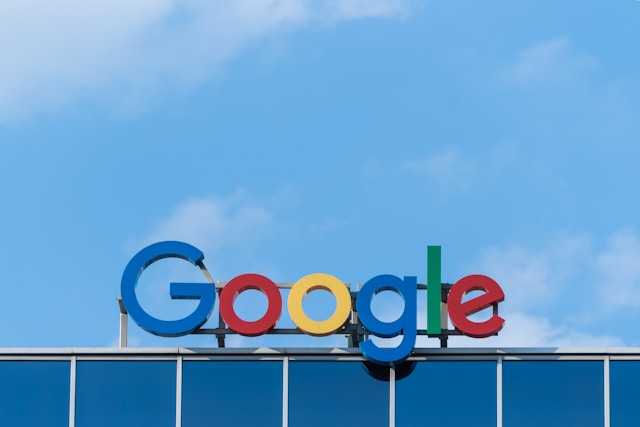Where a dominant company has developed a digital platform but refuses to provide access to it, by not making it interoperable with an app developed by a third company, this may constitute an abuse of dominance, even if that platform is not indispensable for the commercial exploitation of that app. Indeed, such an abuse may occur if the platform is developed to be usable by third companies and this may make the app more attractive to consumers. However, the refusal may be justified where no template exists for that particular category of apps at the time the third company requests access, where interoperability would compromise the security or integrity of the platform, or where it is impossible to ensure such interoperability for other technical reasons. In the other cases, the dominant company must develop the template within a reasonable period of time necessary to do so and, if necessary, against payment of appropriate financial compensation.

In 2018, Enel (1) launched the JuicePass application in Italy that allows drivers to find and reserve charging points for their electric vehicles. To facilitate navigation to such charging points, Enel asked Google (2) to make the app compatible with Android Auto, Google's system that provides direct access to apps on smartphones on cars' infotainment systems. Indeed, third-party developers can adapt their apps to Android Auto thanks to templates provided by Google. Google has refused to take the necessary measures to ensure JuicePass' interoperability with Android Auto (3). The Italian Competition and Markets Authority (AGCM) subsequently fined Google more
than EUR 102 million imposed because its conduct amounted to an abuse of dominance. Google challenged that decision before the Italian raad van state, which requested a preliminary ruling from the Court of Justice.
The Court held that the refusal by a dominant company that has developed a digital platform to make that platform interoperable with an app developed by a third company could constitute an abuse of dominance.
Such an abuse does not only arise where the platform is indispensable for the activities of the undertaking requesting access (4). It may also occur if, as in this case, the dominant undertaking has developed that platform not only for its own activities but also to enable its use by third companies, and the platform is not indispensable for the commercial exploitation of an app developed by a third company but may make that app more attractive to consumers (5).
The refusal to give access to the platform may also have anti-competitive effects if the third company that developed the app and competitors of it have remained active on the market to which the app belongs and strengthened their position on it without interoperability with that platform. In that regard, it must be assessed - taking into account all the relevant factual circumstances - whether the refusal was liable to impede the maintenance or development of competition on the relevant market.
The refusal of a dominant company to ensure the interoperability of an app with a digital platform may be justified if achieving interoperability through that template would compromise the integrity of that platform or the security of its use, or if it is impossible for other technical reasons to ensure interoperability with a template.
If this is not the case, however, that undertaking must develop the template within a reasonable time, possibly in return for the payment of appropriate financial compensation. This should take into account the needs of the third undertaking requesting such development, the actual costs of such development and the right of the dominant undertaking to obtain an appropriate advantage.
NOTE: The preliminary reference allows the courts and tribunals of the Member States, in the context of proceedings before them, to refer questions to the Court on the interpretation of Union law or on the validity of a Union act. The Court does not decide the national dispute. The national court must decide the dispute in accordance with the Court's decision. This decision binds in the same way the other national courts that have to take cognizance of a similar problem.
Specifically, Enel X Italia Srl, part of the Enel Group, which manages more than 60% of electric car charging points available in Italy and provides charging services.
Google Italia Srl is the Italian subsidiary of Google LLC, which in turn is owned by Alphabet Inc. The three companies are collectively referred to as Google.
First, Google stated that since no specific template existed, only third-party media and messaging apps were compatible with Android Auto. Google then justified its refusal by security concerns and the need for a rational use of resources to create a new template.
Condition cited by the Court in the judgment of November 26, 1998, Bronner, C-7/97 (see also press release n° 72/98)
In such a case, neither the preservation of the contractual freedom and property rights of the dominant undertaking, nor the need to preserve the incentive for that undertaking to invest in the development of quality products or services, justifies that the refusal to give a third undertaking access to the infrastructure in question should be considered an abuse within the meaning of Article 102 TFEU only in cases where the "Bronner" condition of indispensability for the exercise of the activity of the undertaking requesting access is fulfilled.